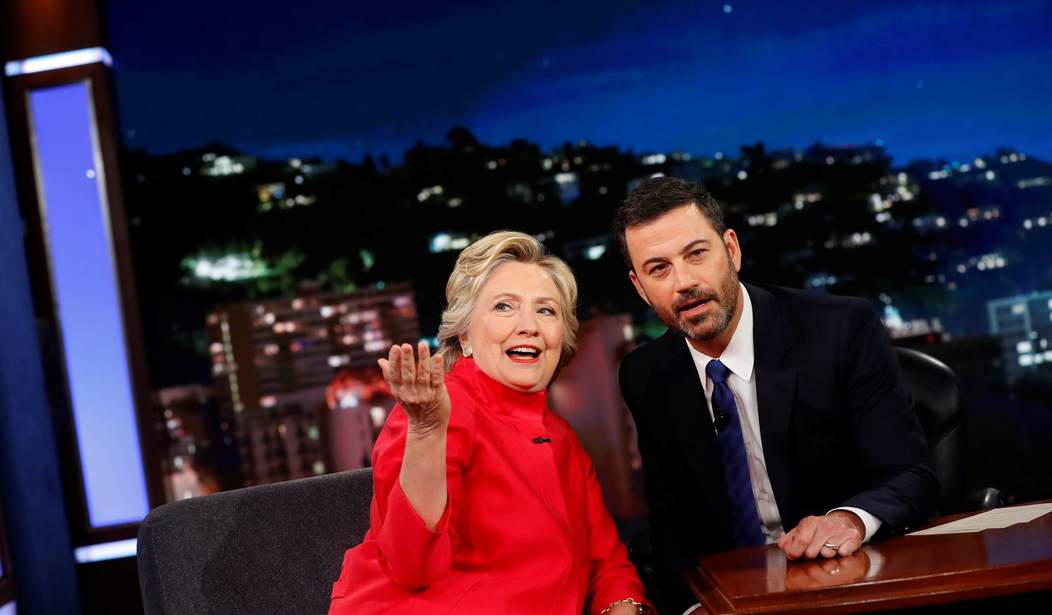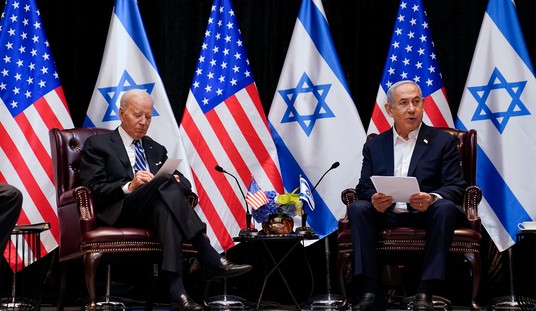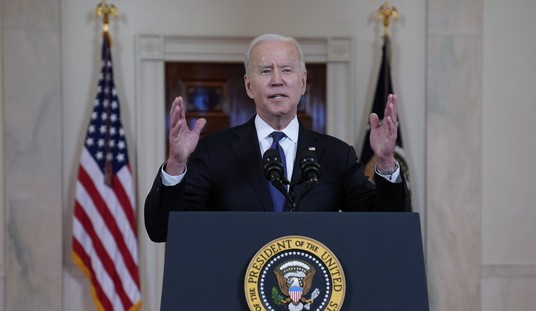The Zimmerman trial took a strange turn late last night. Bob Owens’ recap notes that the defense wanted to introduce evidence of deleted messages from Trayvon Martin’s cell phone. The evidence painted quite a damning picture of the young man that the media portrayed as an innocent little kid in the early days after the altercation that resulted in Martin’s death. To wit:
- Trayvon Martin’s phone was password-protected. The password-protection starts automatically after being left unattended for a certain amount of time.
- The “stealth” app designed to further conceal Trayvon’s conversations about weapons, fighting, drugs, and pornography had an additional layer of password protection. He had to log into the phone first, and then to this app to access these conversations or delete them.
- There were thousands of messages, texts, photos, tweets, Facebook posts, and other bits of evidence hidden this way.
- People who participated in these conversations are all documented by screen name, real name, phone number, social media personas, etc. They are all easily identified and could be deposed – if the defense is given time to do so.
- The State hid this evidence until right before the beginning of the trial, when the prosecution’s Wesley White came forward to present testimony that the State was hiding and may have destroyed evidence. The defense has had no time to recover this data and to depose every witness — as they should be able to do as a basic matter of giving Zimmerman a constitutionally fair trial.
There’s an additional fact not mentioned in Bob’s summation that is in his story, which is that according to the deleted messages, Martin, who was 17, may have owned a pistol. He engaged in a text conversation in which he was trying to sell a .22 revolver. According to Florida law, one must be 18 to legally purchase a firearm, and only a parent or guardian may give a minor a firearm. Had the defense had time to look into this possibility, it could have learned much more about Martin’s lifestyle, his respect or lack of for the law, and other relevant facts.
The Associated Press’ Mike Schneider and Kyle Hightower were watching the same events transpire last night. They wrote up this report for the wire service. Here is how they portray last night’s hearing.
Jurors were out of the courtroom as defense attorneys presented their arguments about the text messages. Judge Debra Nelson heard the testimony during a hearing late Tuesday. She had ruled that information about Martin’s interest in guns and fighting couldn’t be used during opening statements, but she had left open the possibility that they could be introduced later.
As the hearing dragged past 10 p.m., defense attorney Don West complained that the defense hadn’t been given Martin’s cellphone data by prosecutors in a timely manner, which would have allowed them to authenticate the messages.
“It’s simply unfair for Mr. Zimmerman not to be able to put on his defense because of these tactics,” West said.
When a frustrated Nelson abruptly told the attorneys that she would rule Wednesday, West continued to address her after she officially had adjourned for the evening. He complained about a schedule that had lawyers working weekends and taking multiple depositions during the trial, in which jurors have been sequestered.
Prosecutor John Guy said jurors shouldn’t be presented with the text messages and photos of a gun found on Martin’s phone, as well as a Facebook posting from a half-brother asking Martin when he was going to teach him how to fight.
“It would mislead the jury and be prejudicial,” Guy said. “It doesn’t tell us about Trayvon Martin and certainly doesn’t tell us what George Zimmerman knew about Trayvon Martin.”
However, West said they were relevant.
“It relates to his physical capabilities, his knowledge of fighting,” West said.
The effort to get the text messages and cellphone images introduced came after the judge said she would rule Wednesday on whether a defense animation depicting the fatal struggle between Martin and Zimmerman can be played for jurors.
The AP scribes provide so little detail that readers are left wondering what all the fuss is about. The “information about Martin’s interest in violence and guns” line minimizes the facts: There were thousands of messages, double password-protected, showing not just interest but involvement in violence, guns, and drugs — gangster life. Someone took the step to delete those messages at some point, for some purpose. The “Facebook post from a half-brother asking Martin when he was going to teach him how to fight” speaks to what Martin’s family knew about his activities. The text messages reveal “multiple conversations between Trayvon Martin and specific family members and friends (Levondrea, “Diamond”, which is one of Rachel Jeantel’s nicknames, and others) discussing multi-round street fights and schoolyard fights in which Trayvon Martin had participated,” according to Owens. All of it speaks to what kind of person Martin was, and to what may have been going through his mind and what he believed he was physically capable of, the night he was killed.
The AP deems none of it relevant enough to include in their story.








Join the conversation as a VIP Member